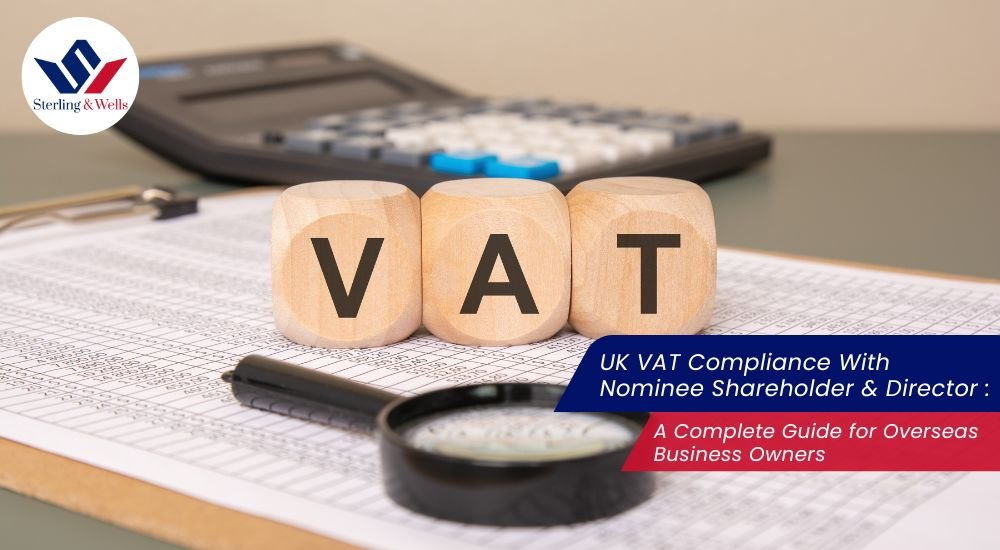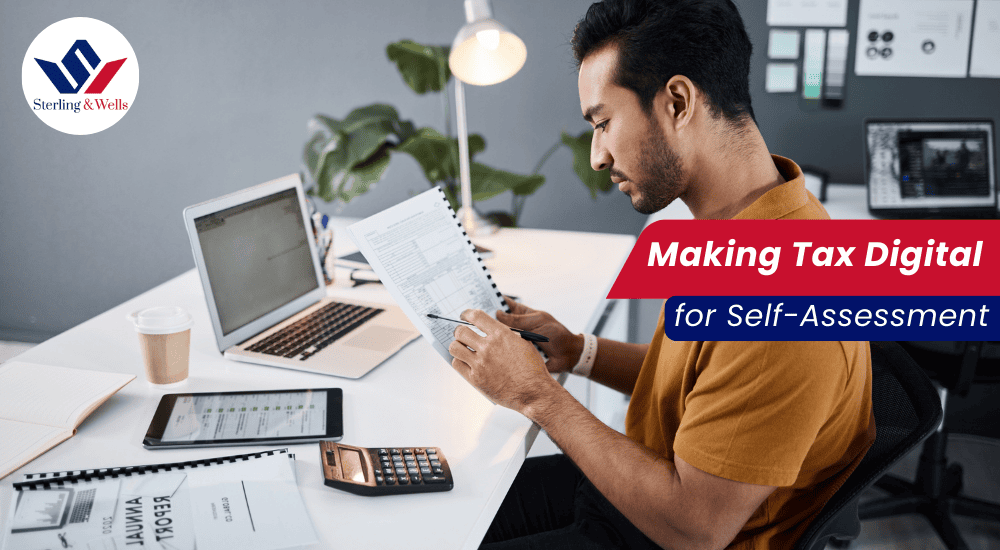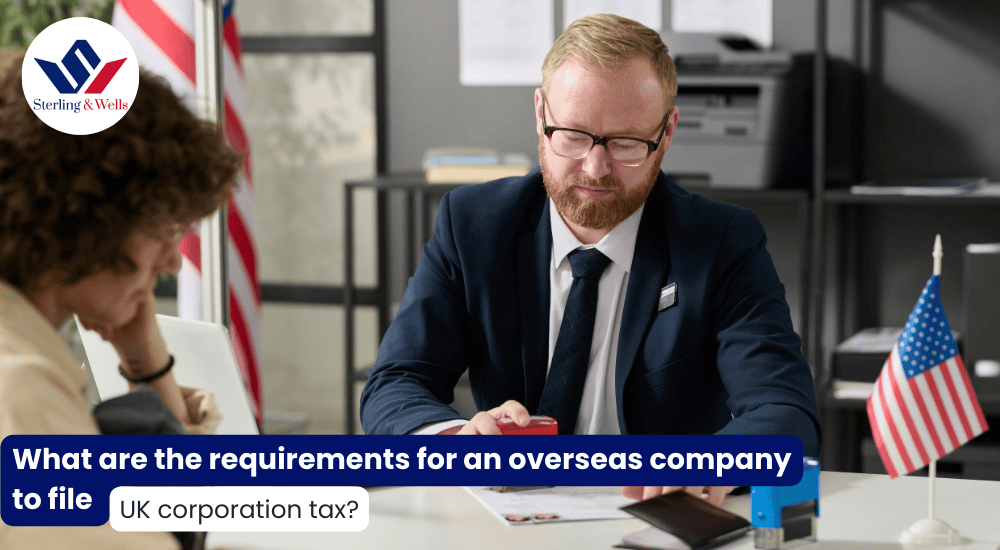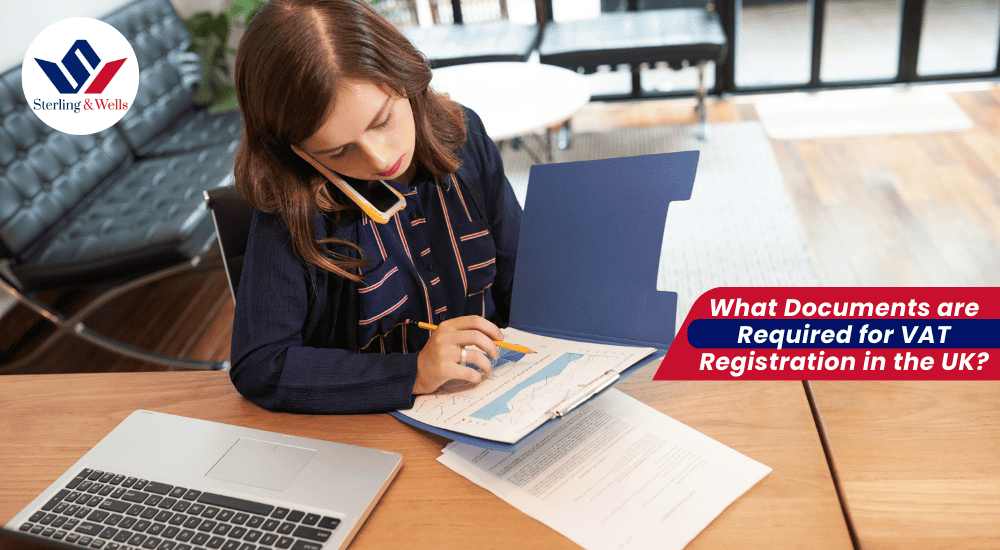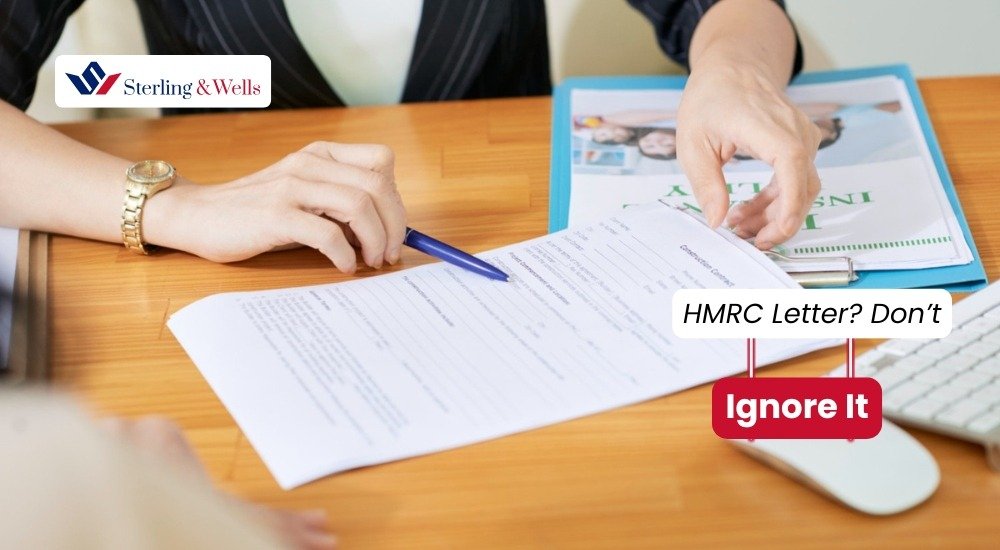For international business owners operating in the United Kingdom, understanding VAT compliance can be daunting. The rules become even more complex when companies use nominee shareholders or directors to manage their UK entities. Many overseas entrepreneurs assume that assigning a nominee to manage administrative or legal responsibilities transfers VAT obligations entirely to them. This is a common misconception that can lead to costly mistakes, penalties and audits from HMRC.
This article provides a clear, step-by-step guide on UK VAT compliance for businesses with nominee shareholders or directors. By the end of this guide, international business owners will understand their responsibilities, the risks involved, and practical measures to ensure compliance while leveraging nominee arrangements responsibly.
Understanding Nominee Shareholders & Directors
A nominee shareholder or director is an individual or entity appointed to act on behalf of the actual owner of a company. Nominees are often used for privacy, convenience, or administrative purposes. For example, a business owner in the United States might appoint a UK resident nominee director to meet statutory requirements for having at least one local director.
While nominees hold legal positions on paper, their role is typically limited to administrative or fiduciary duties. They do not automatically assume responsibility for the beneficial owner’s tax liabilities. HMRC looks through the nominee to identify the ultimate beneficial owner for tax and compliance purposes. This means that even if a nominee is officially listed as a director or shareholder, the business owner remains responsible for VAT compliance.
Common Misconceptions About Nominee Structures
One of the most dangerous assumptions is that a nominee director or shareholder can handle VAT and shield the beneficial owner from responsibility. This is not the case. HMRC explicitly holds beneficial owners accountable for compliance, including registration, reporting, and payment of VAT. Misunderstanding this principle has led many overseas companies into situations where penalties, fines, or even legal proceedings are initiated against the actual owners.
Another misconception is that nominees automatically ensure full privacy without triggering regulatory scrutiny. While nominees can provide some degree of anonymity, HMRC and other UK authorities often request information about the beneficial owner during compliance checks, audits, or registration processes. Transparent record-keeping and proactive reporting remain essential.
VAT Registration Requirements for Overseas Companies
International business owners using a nominee structure must be aware of when VAT registration is required. VAT registration becomes mandatory when a company’s taxable turnover exceeds the UK threshold, currently set at £90,000 per year. For overseas companies, registration may be required even if the company has no physical presence in the UK but engages in taxable activities such as:
- Selling goods to UK customers
- Providing digital services to UK consumers
- Operating through UK warehouses or fulfilment centres
- Participating in e-commerce platforms like Amazon or Shopify with UK sales
Nominee arrangements do not exempt an overseas owner from these obligations. HMRC treats the beneficial owner as the responsible party for registration, VAT reporting, and payment. Failure to register on time can trigger penalties and interest charges.
Who is Considered the Beneficial Owner by HMRC
The beneficial owner is the individual or entity that ultimately controls the company, enjoys the economic benefits, and makes key business decisions. Even if a nominee is legally listed as a shareholder or director, HMRC requires disclosure of the real owner. This is important for VAT compliance, anti-money laundering checks, and risk assessments.
International owners must provide accurate information during registration and when submitting VAT returns. Incomplete or misleading information can result in delayed approvals, increased scrutiny, or audits.
The Role of Nominee Directors in VAT Compliance
Nominee directors are often expected to carry out day-to-day administrative duties, such as signing documents or filing statutory reports. However, they are not automatically responsible for VAT compliance. HMRC views them as agents of the beneficial owner and may hold the owner accountable if VAT obligations are not met.
Nominee directors should be instructed in writing about their role, and agreements should clearly define responsibilities. Ideally, they should coordinate with the beneficial owner and any appointed tax agents to ensure proper reporting, invoicing, and record-keeping.
VAT Record-Keeping Requirements
All UK companies, including those with nominees, must maintain proper VAT records. This includes:
- Sales and purchase invoices
- VAT account summaries
- Import and export documentation
- Digital records for Making Tax Digital (MTD) purposes
Even if a nominee director handles administrative tasks, the beneficial owner must ensure that accurate records are kept and submitted to HMRC. Digital accounting software can simplify compliance for international owners, making VAT calculations, returns, and record storage more straightforward.
How HMRC Verifies Nominee Structures
HMRC conducts periodic audits and compliance checks on companies with nominee directors and shareholders. They may request evidence of:
- Beneficial ownership
- Agreements with nominees
- Bank statements
- Invoices and contracts
HMRC is particularly vigilant with overseas companies using nominee structures because they are higher risk for VAT fraud. Transparent communication and timely submission of documents significantly reduce the likelihood of enforcement actions.
Risks of Non-Compliance
Failure to comply with VAT regulations can have serious consequences for international business owners, including:
- Fines for late registration or late VAT returns
- Interest charges on unpaid VAT
- Penalties for inaccurate reporting
- Suspicion of tax evasion or fraud
- Freezing of VAT accounts, delaying refunds
- Legal proceedings in extreme cases
Nominee arrangements do not protect the beneficial owner from these risks. Non-compliance can be particularly damaging for overseas businesses, as resolving issues from abroad is more complex and time-consuming.
Practical Steps for Overseas Owners to Stay Compliant
- Appoint a Qualified UK Tax Agent – A tax agent familiar with UK VAT and nominee structures can ensure timely registration, accurate filings, and proper communication with HMRC. This can be Sterling & Wells.
- Maintain Accurate Records – Keep digital copies of all invoices, receipts, and financial transactions. Use accounting software compatible with Making Tax Digital (MTD) to streamline reporting.
- Clarify Nominee Responsibilities – Draft a formal nominee agreement outlining administrative duties and confirming that VAT responsibility remains with the beneficial owner.
- Monitor VAT Thresholds & Deadlines – Track turnover to ensure registration occurs when required and submit VAT returns on time to avoid penalties.
- Communicate Transparently With HMRC – Provide full disclosure of beneficial owners and nominee arrangements. Transparency reduces audit risk and builds trust with UK tax authorities.
Best Practices for Using Nominee Structures
While nominee shareholders and directors are legal and commonly used, the following practices help minimize compliance risks:
- Use reputable nominees who understand their duties
- Keep all agreements in writing and signed
- Regularly review transactions to ensure VAT is correctly applied
- Avoid complex structures that obscure ownership
- Maintain correspondence and document instructions to nominees
By following these best practices, international business owners can enjoy the administrative convenience of nominees while staying fully compliant with VAT regulations.
Real-World Scenarios
Scenario 1: US E-commerce Owner
A US-based company sells physical products to UK customers and appoints a UK nominee director for administrative purposes. Even though the nominee files certain forms, the US owner must register for VAT, submit returns, and ensure proper VAT collection.
Scenario 2: Dubai Investor
An investor in Dubai sets up a UK SPV for property investment, using a nominee shareholder for privacy. The investor remains responsible for VAT on rental services, property-related fees, and any taxable supplies. Failure to register or pay VAT could result in penalties or frozen accounts.
These examples illustrate that nominees do not replace the obligations of the beneficial owner. Proper planning, record-keeping, and professional advice are essential for compliance.
Deregistering for VAT
Overseas owners may eventually need to deregister if turnover falls below the VAT threshold or if the company ceases trading. Deregistration requires notifying HMRC and submitting a final VAT return. Accurate records and transparency are critical during this process to avoid disputes or penalties.
Working With Sterling & Wells as a Non-Resident
Sterling & Wells simplifies compliance for international owners by:
- Handling registration and VAT returns
- Advising on digital record-keeping and MTD compliance
- Providing guidance on nominee arrangements
- Liaising with HMRC on behalf of the beneficial owner
Conclusion
Nominee shareholders and directors provide practical benefits for international business owners, such as privacy, local representation, and administrative convenience. However, they do not transfer VAT responsibilities. HMRC holds the beneficial owner accountable for registration, reporting, payment, and record-keeping.
Overseas business owners must understand VAT rules, maintain transparent records, and work closely with qualified UK tax professionals to prevent fines, penalties, or audits. Proper planning and adherence to compliance requirements make it possible to enjoy the advantages of nominee structures without risking legal or financial consequences.
If you are an international business owner using nominee directors or shareholders, consider contacting Sterling & Wells to ensure full VAT compliance in the UK.
